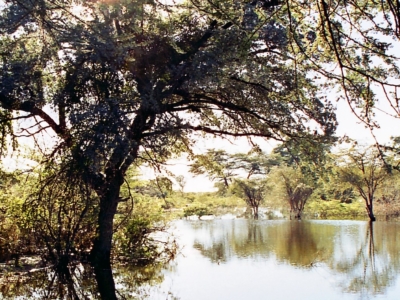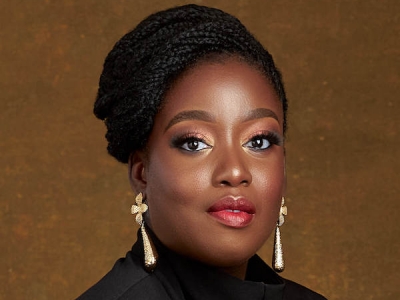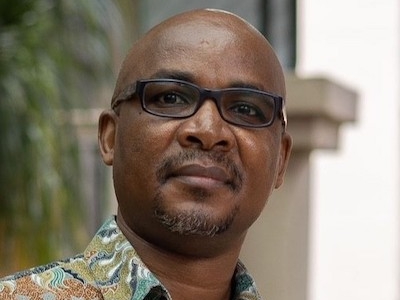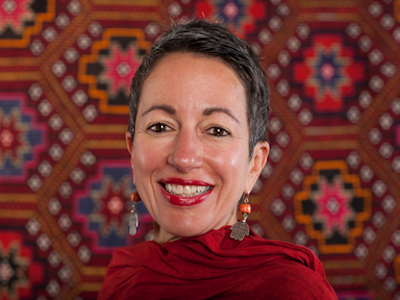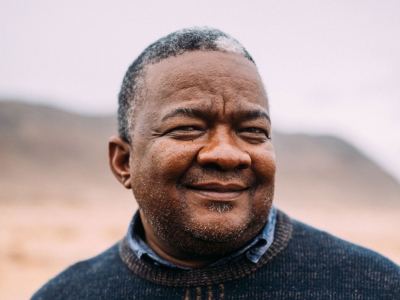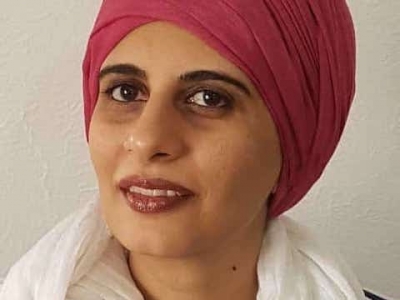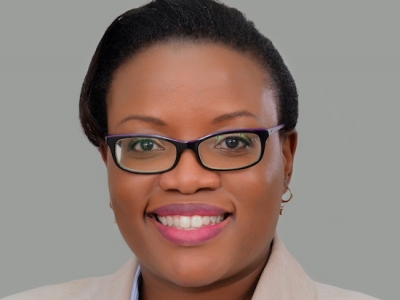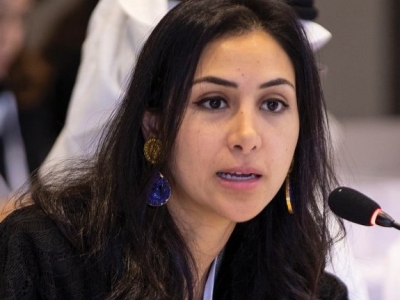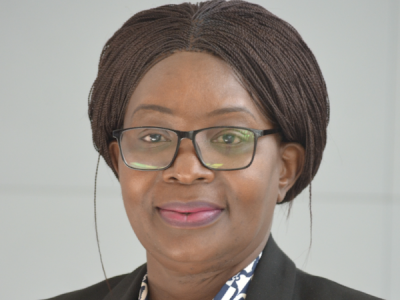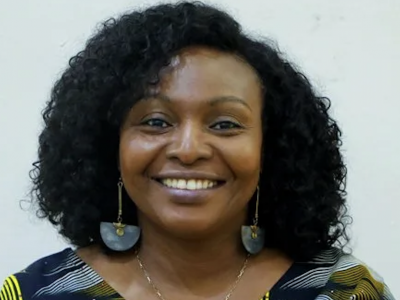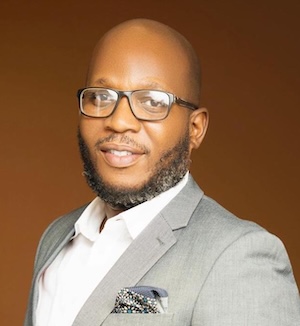 By Shaninomi Eribo.
By Shaninomi Eribo.
I’m honoured to introduce the African Philanthropy Series, which spotlights significant attributes and critical policy issues shaping philanthropy on the African continent. The series contains articles from Zambia, Sub-Saharan Africa, South Africa, Senegal, North Africa, Nigeria, Namibia, Kenya, Ghana and Egypt.
Over the past two years, PANL Perspectives has invited similar contributions from academics and leading practitioners in Asia, the U.S. and Europe. The goal is to understand, learn from and possibly apply some of the perspectives from other contexts to enrich the Canadian philanthropic experience.
It’s important for readers of this series to bear in mind the distinction made about African Philanthropy by Bhekinkosi Moyo and Katiana Ramsamy (2014), described as “any philanthropy that is not bound or limited to a geographic space called Africa but is essentially structured in a value-system that resembles that of the African format and nature.” In referencing the African value-system, Moyo and Ramsamy note that, “the identity of an African is premised on notions of solidarity, interconnectedness, interdependencies, reciprocity, mutuality, and a continuum of relationships.”
These notions have been expressed across the length and breadth of the continent from time immemorial to the present date. Practically every continental African has been the beneficiary and supporter of actions that would be deemed as philanthropic in contemporary terms. But in undertaking such acts, Africans are simply giving life to the expression ‘a person is a person, because of other persons’, or ‘I am, because you are.’ This is the spirit of “Ubuntu.”
As Moyo (2011) notes: “Due to analytical influences and frameworks primarily from the West, philanthropy in Africa or, to be more specific, African philanthropy, has sometimes been wrongly characterized as indigenous or informal. Yet African philanthropy is in fact the foundation on which an African’s life and his or her development revolves. It is the foundation upon which modern institutions are built or from which they get their inspiration and identity. The bifurcation between informal and formal misses the central point about African societies; that one is an extension of the other.”
Keeping the foregoing in mind, I encourage readers to engage with submissions from across Africa that are as poetic as they are poignant, and as thought provoking as they are insightful.
On behalf of the PANL Perspectives team, I would like to offer our most profound thanks to all who took time out of their busy schedules to be part of the series. We look forward to other opportunities to collaborate with you on philanthropy-focused initiatives in the future.
Shaninomi Eribo has professional nonprofit experience working in Europe, Africa, and North America. Between May 2020 and January 2023, he was Programs Director at the Association for Research on Civil Society in Africa (AROCSA), an organisation focused on building the capacity of emerging African scholars to undertake advanced research in philanthropy, nonprofit management, civil society, voluntary action, and social entrepreneurship. His experience also includes fundraising roles at the Nigerian Economic Summit Group, ActionAid, and HomeFundraising UK. He recently completed the MPNL program at Carleton University, where he was awarded the 2023 MPNL Social Innovation Fellowship Award and was also a recipient of the 2023 MPNL Award for Black Emerging Fundraising Professionals.
Photo of Africa map is courtesy of James Wiseman.
